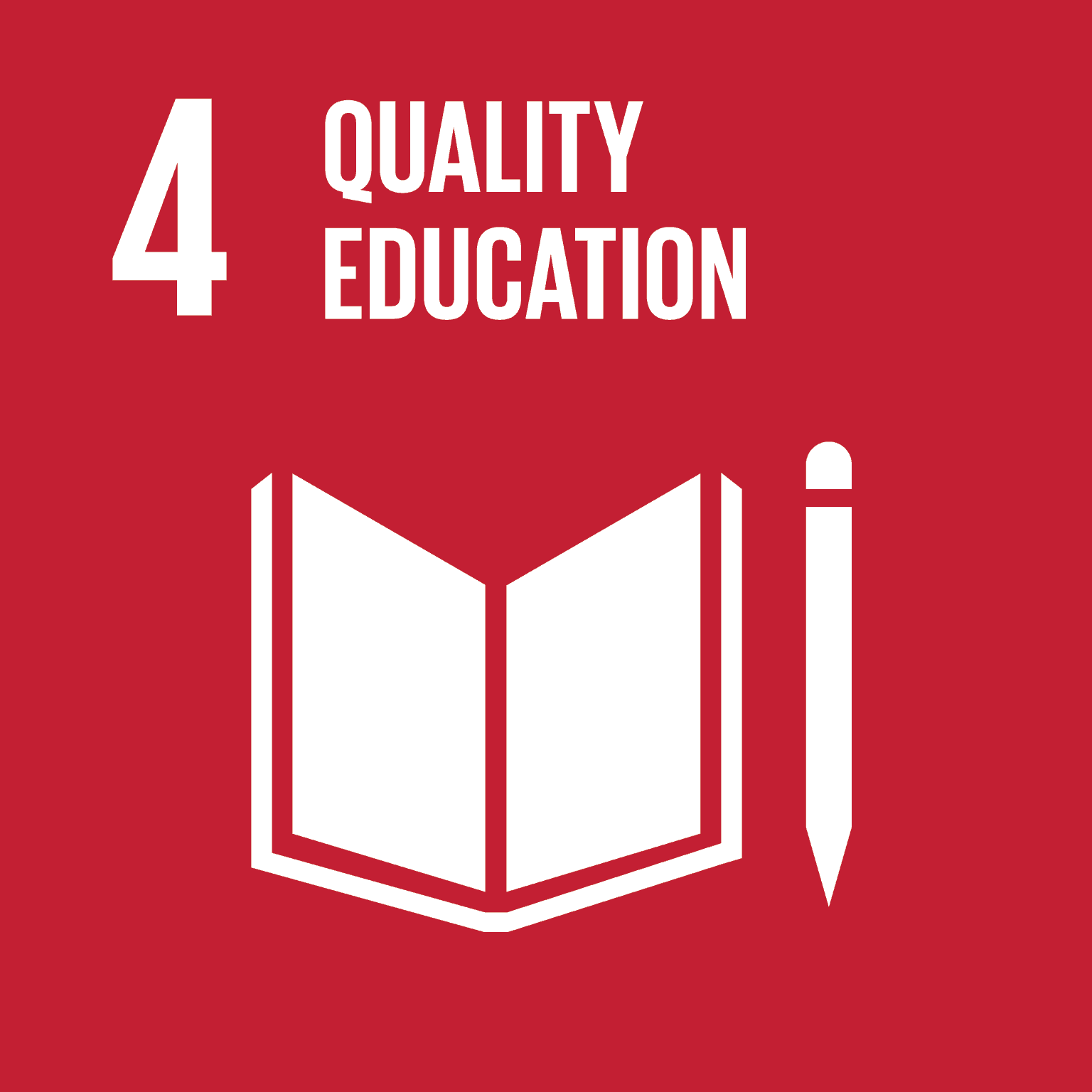 Chile Schools Programme in Latin America and the Caribbean
Collaboration and training to strengthen teacher capacities to improve student learning
Chile Schools Programme in Latin America and the Caribbean
Collaboration and training to strengthen teacher capacities to improve student learning

Challenges
The interruption of in-person classes and the closure of schools during the COVID-19 pandemic have been devastating to learning. Two out of three students are unable to read or understand texts appropriate for their age, increasing "learning poverty," learning deficiencies and not reaching a minimum level of reading comprehension (World Bank, 2021). This requires updating of teachers’skills to address the learning gaps of the students.
Towards a Solution
From 2019 to 2021, the "Chile Schools Programme" of the Centre for Advanced Research in Education (CIAE) in Chile provided technical guidance and helped design and implement training and education activities in schools in 12 Latin American and Caribbean countries (Argentina, Colombia, Costa Rica, Dominican Republic, Ecuador, El Salvador, Guatemala, Honduras, Mexico, Nicaragua, Panama and Peru). This South-South cooperation programme promoted integration and collaboration between schools in Latin America to generate a collaborative community for strengthening the capacities of teachers to improve learning for students, particularly from low-income families.
Using a virtual platform, the programme promoted exchanges between teachers from participating countries and served as a repository of learning and training materials on various teaching methods. The online training was facilitated by teaching professionals who fostered exchanges between different educational communities of the participating countries and who reviewed and managed the preparation of the material that was made available to the community.
In its first stage, Learning Management, the programme formulated a common understanding of the strengthening of classroom interactions to improve student learning. Next, through a Disciplinary Deepening stage, the programme worked directly with teachers to enhance their pedagogical practice in fundamental curricula areas, such as language and mathematics as these are vital for the development of knowledge and skills in students. Finally, through Training of Trainers, the programme capacities were installed in schools to improve educational practices. In this stage, the schools incorporated at the beginning of the programme participated in special courses and virtual meetings, at which topics of interest to that community were addressed and South-South exchanges took place.
Observation and feedback of classes, given both by managers and peers, stimulated the professional development of teachers in their school community, thus improving their classroom practices with the end goal of improving student learning in the region. The programme fostered This exercise. for example, showed the importance of the use of time effectively in the classroom.
The work with the Chilean Schools around the Observation and Feedback of classes was key to deliver relevant and pertinent information to teachers, thus improving their practices in the classroom - which emerges as a tool that allows teachers and school directors to exercise. The math class observation workshop identified keys that allow enriching the work in the classroom.
Between 2019 and 2021, eight training programmes were offered for a total of 220 teachers and/or directors from 55 participating schools, benefiting 14,346 students in pre-school, primary and secondary education.
With extraordinary financing from the Government of Chile, in 2021 the programme was able to offer highly professional technical support to 40 schools in 12 countries, resulting in 161 fully equipped computers, totalling US$ 135,000 invested by Chile through South-South cooperation. The programme amplified the leadership of the Chilean Embassies on education in each country, and strengthened relations with local education institutions and international cooperation authorities.
The programme model was sustainable, as this horizontal cooperation experience has been an opportunity to work collaboratively with schools, provided concrete tools for school improvement and engaged in mutual learning and sharing of experiences among participating professionals. As a result of the Chilean Schools Programme, a new educational curriculum has been incorporated in Argentina, Ecuador, El Salvador and Honduras.
Contact Information
Countries involved
Supported by
Implementing Entities
Project Status
Project Period
URL of the practice
Primary SDG
Primary SDG Targets
Secondary SDGs
Secondary SDG Targets
Similar Solutions
| NAME OF SOLUTION | Countries | SDG | Project Status | |
|---|---|---|---|---|
100% Online Electronic Apostille and Legalization Sharing Colombia’s effective e-government system with other countries in the region |
Argentina, Chile, Colombia, Costa Rica, Dominican Republic, Ecuador, El Salvador, Guatemala, Honduras, Mexico, Nicaragua, Panama, Peru | 16 - Peace and Justice Strong Institutions | Completed | View Details |
ADAPT PLAN in Malawi |
Argentina, Chile, Colombia, Costa Rica, Dominican Republic, Ecuador, El Salvador, Guatemala, Honduras, Mexico, Nicaragua, Panama, Peru | 01 - No Poverty 05 - Gender Equality 11 - Sustainable Cities and Communities | Ongoing | View Details |
Addressing Racial and Ethnicity-based Discrimination and Strengthening the Protection of Rural Afro-descendants UNFPA supports data disaggregation as a tool to fight racism and ethnic discrimination |
Argentina, Chile, Colombia, Costa Rica, Dominican Republic, Ecuador, El Salvador, Guatemala, Honduras, Mexico, Nicaragua, Panama, Peru | 01 - No Poverty 02 - Zero Hunger 03 - Good Health and Well-being 05 - Gender Equality 06 - Clean Water and Sanitation 11 - Sustainable Cities and Communities 16 - Peace and Justice Strong Institutions | Ongoing | View Details |
Addressing the Philippine Dairy Sector Challenges Exchanging knowledge between Argentina and the Philippines to improve Philippine local dairy production |
Argentina, Chile, Colombia, Costa Rica, Dominican Republic, Ecuador, El Salvador, Guatemala, Honduras, Mexico, Nicaragua, Panama, Peru | 08 - Decent Work and Economic Growth 17 - Partnerships for the Goals | Ongoing | View Details |
ADELANTE Triangular Cooperation European Union – Latin America and the Caribbean |
Argentina, Chile, Colombia, Costa Rica, Dominican Republic, Ecuador, El Salvador, Guatemala, Honduras, Mexico, Nicaragua, Panama, Peru | 10 - Reduced Inequalities | Ongoing | View Details |